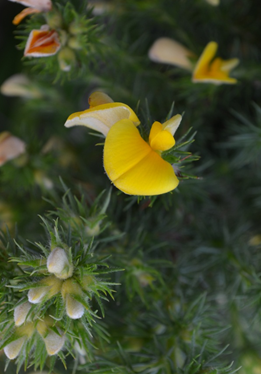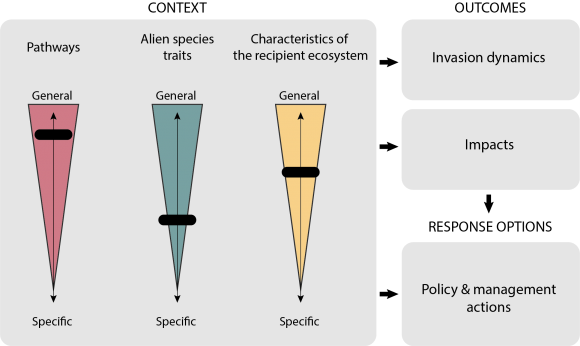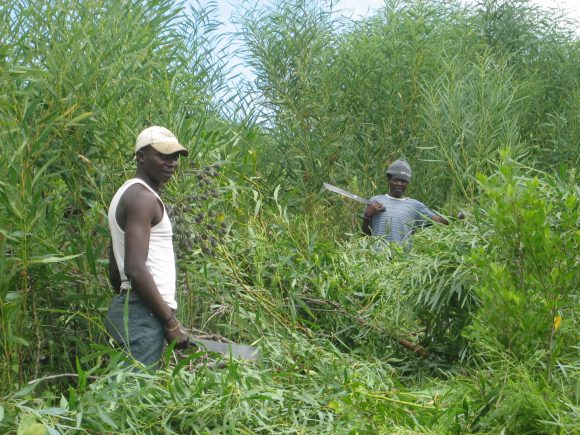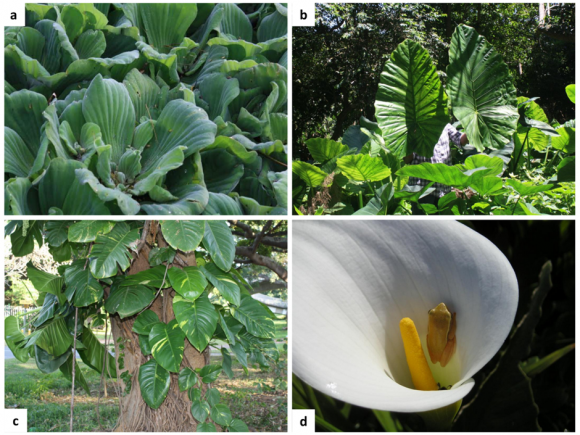Dr Jaco Le Roux, C·I·B core team member, was recently awarded a National Geographic Society’s Committee for Research and Exploration grant to investigate the consequences of legume invasions on native legume biodiversity in South Africa’s Cape Floristic Region.

Alien invasive species pose the second largest threat to biodiversity globally, but the general characteristics that make some species successful at occupying new areas and other species less so remain largely unknown. However, some plant families, for example the daisy (Asteraceae) and legume (Fabaceae) families, have characteristics that predispose them to being successful invaders. Legumes form mutualistic associations with bacteria known as rhizobia, which produce organic nitrogen compounds that legumes can use to support growth and reproduction. This mutualism may therefore contribute to the invasion success of legumes, particularly in nutrient-poor environments.
By using DNA barcoding approaches, Dr Le Roux’s research team will investigate the impacts of invasive legumes on native legume and rhizobial diversity. These studies will shed light on the consequences of legume invasions for native legume biodiversity in the Cape Floristic Region.
Read the paper
For more information contact, Dr J Le Roux



